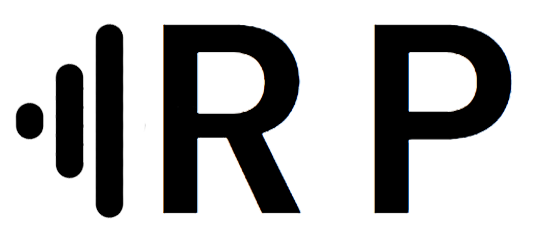The healthcare industry has been rapidly embracing digital transformation, and one of the most exciting developments in this space is the emergence of healthcare digital twins. A digital twin is a virtual representation of a physical object or system, and it allows for real-time monitoring, analysis, and optimization. In healthcare, digital twins have the potential to revolutionize patient care and improve outcomes.
A healthcare digital twin is essentially a virtual model of a patient, which is created by combining data from various sources, including electronic health records (EHRs), medical imaging, wearable devices, and other medical devices. This data is then used to create a detailed and dynamic model of the patient, which can be used to monitor their health in real-time and predict future health outcomes.
The benefits of healthcare digital twins are numerous. First and foremost, they enable healthcare providers to better understand each patient’s unique health profile, including their medical history, current health status, and potential health risks. This information can be used to create personalized treatment plans that are tailored to the individual patient’s needs, resulting in better outcomes and a higher quality of care.
Healthcare digital twins can also be used to monitor patients in real-time, which can help identify potential health issues before they become serious. For example, if a patient’s digital twin indicates that their blood pressure is rising, healthcare providers can intervene early to prevent a more serious condition from developing. This can lead to faster treatment, better outcomes, and lower healthcare costs.
Another potential application of healthcare digital twins is in medical research. By analyzing large datasets from multiple patients’ digital twins, researchers can identify patterns and trends that can help them better understand the underlying causes of diseases and develop new treatments. This could lead to breakthroughs in medical science and improved healthcare outcomes for patients around the world.
Of course, healthcare digital twins also raise important ethical and privacy concerns. Patients must be fully informed about the collection and use of their personal health data, and appropriate measures must be taken to ensure that this data is kept secure and confidential.
Despite these challenges, the potential benefits of healthcare digital twins are too great to ignore. As the healthcare industry continues to evolve and embrace new technologies, it is clear that digital twins will play an increasingly important role in patient care and medical research. By leveraging the power of data and analytics, healthcare providers can improve outcomes, reduce costs, and ultimately improve the lives of their patients.
Furthermore, healthcare digital twins can also assist in medical education and training. Medical students and healthcare providers can use digital twins to simulate various health scenarios and learn how to respond appropriately. This allows for a more hands-on and interactive learning experience, which can ultimately result in better patient care.
Another potential benefit of healthcare digital twins is that they can help to improve clinical trials. By using digital twins to simulate the effects of different treatments, researchers can identify which treatments are most effective for different types of patients. This can lead to more targeted and efficient clinical trials, ultimately resulting in faster development of new treatments and drugs.
As healthcare becomes increasingly data-driven, digital twins will become an increasingly valuable tool for healthcare providers. By harnessing the power of data and analytics, healthcare providers can better understand their patients, anticipate potential health risks, and provide personalized care that is tailored to each patient’s unique needs.
In conclusion, healthcare digital twins represent a major step forward in the field of healthcare. By using data and analytics to create detailed virtual models of patients, healthcare providers can improve patient outcomes, reduce costs, and ultimately transform the way healthcare is delivered. While there are certainly challenges that need to be addressed, the potential benefits of healthcare digital twins are too great to ignore, and the healthcare industry must continue to invest in this promising technology.

